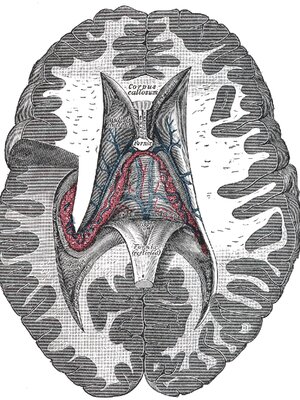
Abstract
Current developmental psychopathology models indicate that schizophrenia can be understood as the most extreme expression of a multidimensional continuum of symptoms and impairment referred to as schizotypy. In nondisordered adults, schizotypy predicts risk for developing schizophrenia-spectrum psychopathology. Schizophrenia is associated with disruptions in detecting subtle differences between objects, which is linked to hippocampal dysfunction. These disruptions have been shown in the Mnemonic Similarity Task (MST) when patients are less likely to reject lures that are similar but not identical to studied objects, and instead mistake them for studied items. This pattern of errors may be a behavioral manifestation of impaired pattern separation, a key episodic memory ability associated with hippocampal integrity and overreliance on pattern completion. We examined whether multidimensional schizotypy is associated with such deficits in nondisordered young adults. Participants (n = 230) were assessed for positive, negative, and disorganized schizotypy and completed the MST and a perceptual discrimination task. MST performance showed that a combination of elevated negative and disorganized schizotypy was associated with decreased rejections of similar lures because they were mistakenly identified as studied items. These deficits were not observed in traditional recognition measures within the same task, nor in perceptual discrimination, suggesting that mnemonic discrimination deficits assessed by MST were selective and did not reflect generalized deficits. These findings extend the results obtained in schizophrenia patients and support a multidimensional model of schizophrenia-spectrum psychopathology.
DOI: 10.1002/hipo.23566